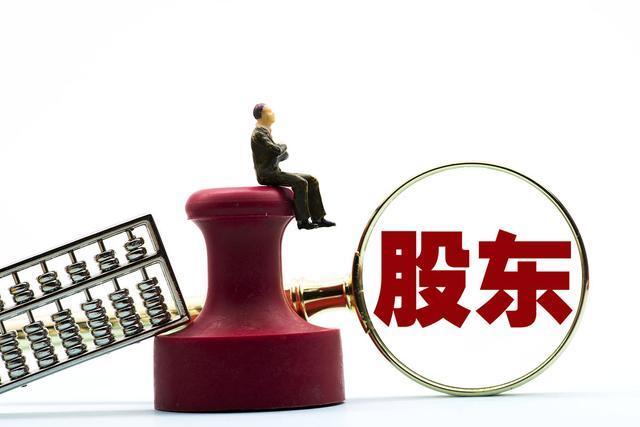Welcome to Shanghai Founder Law Firm! Email:info@gcls.cn Tel:0086-021-62996116-0
11-25

In 2026, we will travel to the future together, with the establishment of the Manshan Island team by Guochuang headquarters and Suzhou branch
From November 21st to 23rd, 2025, Guochuang Law Firm organized its headquarters and Suzhou branch colleagues to conduct a three-day autumn team building and business exchange activity on Manshan Is..
11-19

KHOR SEE LIN, Senior Partner of YEOH MAZLINA&PARTNERS Law Firm, Visited Shanghai Guochuang Law Firm
On November 19, 2025, Lawyer KHOR SEE LIN, Senior Partner of YEOH MAZLINA&PARTNERS Yangma Law Firm, visited Shanghai Guochuang Law Firm. Chen Min, Director of Shanghai Guochuang ..
11-11

MMALATIN CEO Mr. Diego Martinez Bernie visits Shanghai GuoChuang law firm
On November 6, 2025, Diego Martinez Bernie, CEO of MMALATIN, visited a law firm in Shanghai. Chen Min, Director of Shanghai Guochuang Law Firm, Ji Xin, Partner, and Li Runxuan, Legal Assist..
In the process of company operation, the shareholders' meeting and general meeting are the power institutions of the company. The shareholders' meeting and the general meeting of shareholders shall exercise resolutions after convening the meeting, which shall have legal binding force on the company and shareholders. From a practical perspective, many companies often have substantive or procedural issues with their meeting resolutions. Therefore, shareholders can file a lawsuit for the revocation of a shareholder meeting resolution. The cause of the lawsuit is the revocation of the company's resolution. This article aims to analyze some of the subject issues in the revocation of shareholder resolutions for your reference.

The academic community believes that for those who obtain shareholder qualification through inheritance or acquisition, their right to apply for company resolution revocation comes from their shareholding, rather than their personal identity. Under the premise that the original shareholder has shareholder qualification at the time of the resolution, the right to apply for company resolution revocation based on equity should not be lost due to changes in the shareholder. In this case, the author believes that shareholders can be qualified plaintiffs.
According to Article 249 of the Interpretation of the Civil Procedure Law, the transfer of disputed civil rights and obligations in litigation does not affect the qualifications and status of the parties in the litigation. Therefore, in this situation, the plaintiff's position of the original shareholder will not be lost due to the change of shareholder qualification, and can continue to participate in the lawsuit as the plaintiff. The new shareholder can participate in the lawsuit as a third party without independent claim rights; But if a new shareholder applies to replace the original shareholder in litigation, the people's court shall decide whether to allow it in accordance with Article 249 and Article 250 of the Interpretation of the Civil Procedure Law, and make corresponding rulings based on the specific circumstances of the case.
The essence of the right to file a lawsuit for the revocation of a company resolution should be understood as the common interest of all shareholders, not the content of voting rights. Therefore, shareholders without voting rights do not naturally lose their main status in filing a lawsuit for the revocation of a company resolution due to the loss of their voting rights. Such shareholders have the right to file a lawsuit for the revocation of a resolution.
The reason is the same as the third item above, and this right does not belong to the content of voting rights. Therefore, even if the voting rights are waived due to absence, it does not mean that it naturally recognizes the resolution procedure and content. As the subject with litigation interests, absent shareholders have the qualification to file a lawsuit to revoke the resolution of the shareholders' meeting.

Under the current effective company law's recognized subscription system, it is generally believed that actual capital contribution is not a necessary condition for shareholder qualification judgment. Therefore, as long as the defect in capital contribution does not affect shareholder identity, it does not affect the shareholder's right to sue.
It is generally believed that anonymous shareholders are not qualified plaintiffs. If an anonymous shareholder wishes to file a lawsuit for the revocation of a company resolution, they must first go through the process of anonymization.
Lawyer Introduction
